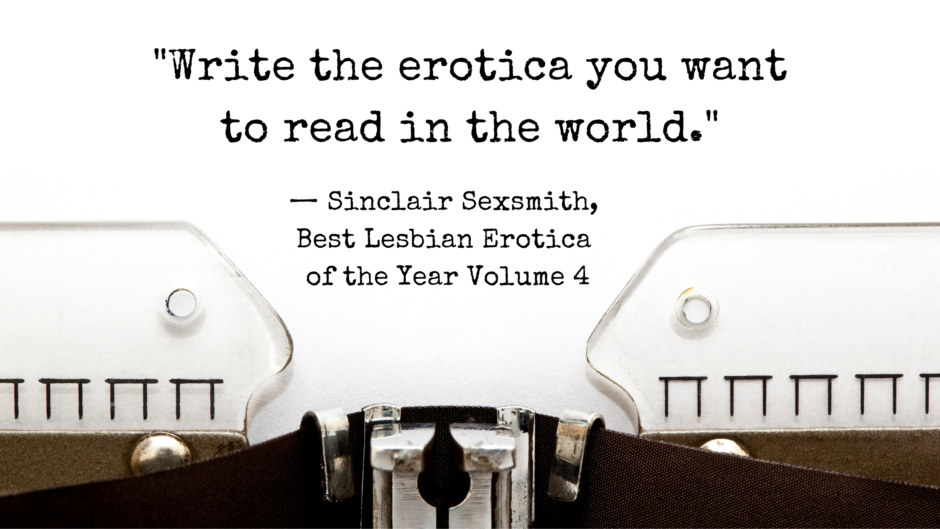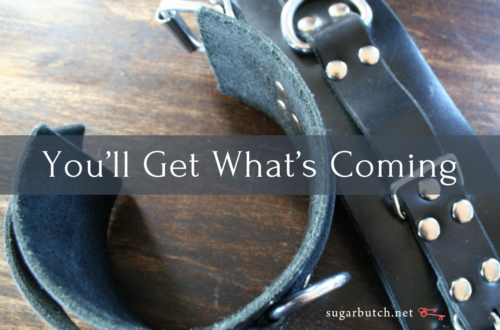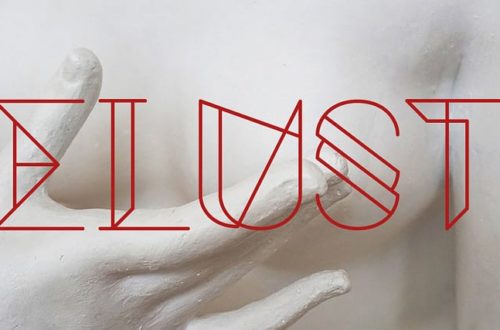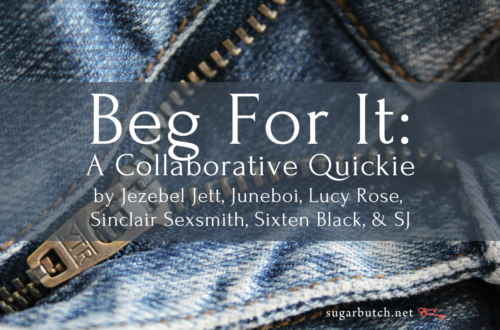This site contains explicit writings on kink practices, dominant/submissive relationships, and queer kink erotica (among other things). All characters in role play or non-consent scenes are consenting adults. Content warnings are included.
Reading and writing erotica can be an act of rebellion.
Even though erotica is pretty mainstream, in a lot of ways, it still has a reputation as a bit “naughty,” and there are plenty of people who wouldn’t share the kind of spicy books that they frequently consume with their coworkers or their family.
There’s a reason sales of erotica grew significantly when ebook readers became more accessible! People could much more easily hide the book they were reading and still read it in public — on the bus, on the subway, on the airplane, on their commute. The privacy helped introduce the genre to many people who had never read it before.
Why are erotica books seen as naughty? Well, at its basic breakdown, it’s because of erotic shame. Most of us were raised in a culture with fairly extreme erotic shame.
We were not taught about sex as a pleasurable act.
We were not taught about being in our bodies as something exciting, personal, pleasurable, fun.
We were not taught about masturbation, kink, queer sex, or any of the thousands of ways that bodies go together and explore.
When we read (and write!) erotica, we take a little bit of that shame away. We claim our birthright of pleasure, as a being in this corporeal body. We stake our right to desire freely, to fantasize, to ponder what would feel amazing to us (or to our characters).
Yes, sure, look — it can be just pure escapist drivel, too. All good art is allowed to have its escapist, check-out, dissociative, frivolous forms. It can reinforce gender norms and compulsive heterosexuality, it can reproduce all kinds of societal hierarchies and eroticize things like money (ever heard of “bil-dom” erotica? Thing 50 Shades, and you’ll understand that it’s a sub-genre within the erotica/romance world). There are plenty of critiques of the genre, and of any given book. So of course, it’s not perfect. Don’t get me wrong.
But it can also be radical.
The erotica I love is gender affirming. It includes trans characters, nonbinary characters. And it doesn’t just include the skinny white masc versions of those identities, either — it includes complex, multifaceted characters who are celebrating their own sexual desires, wants, surrenders, and powers. Sometimes it includes struggles, like body dysmorphia and body dysphoria. Sometimes it includes kink and sex acts that really show how that character is seen, really seen, by other characters.
Sometimes, it can even show a reader what it’s like to be inside of a gender identity that is comfortable, that fits, that makes them shine. Maybe a story opens up a possibility that the reader hadn’t considered before. The reader is invited to have that kind of relationship with their gender, too.
The erotica I love shows Black and brown people with cultural context and authentic desires. The erotica I love shows disabled people, neurodiverse people, and all the ways that sex and eroticism lives and plays and appears in our lives. The erotica I love is experimental language, poetic, sometimes not making any literal sense except in the emotional realm. The erotica I love is women-focused, pleasure-focused, but not orgasm-focused (well, unless maybe it’s a forced orgasm scene, or an orgasm denial scene …). The erotica I love shows the inner workings of sadists and the mean, nasty desires that pass through our minds.
The erotica I love normalizes the mess that is human bodies, that is genitals, that is our fragile, resilient hearts.
Writing down our (and our characters’) erotic desires and sharing it with others to witness in a small group has been one of the most powerful things I’ve done to heal my own erotic shame. To hear people respond to my erotic scenes with affirming, positive feedback changed my life.
(Yes, you all who are reading this, you had a part in that, just by reading this site and my work here over the years. Thank you.)
Writing about sex, bodies, gender, desires, kinks is absolutely not the only way to heal shame — there are so many. But for me, it’s been an incredibly powerful tool. As someone who is historically marginalized in multiple ways, there is still not enough representation of my own particular proclivities — not in the same way that cis (affluent, white) lesbians, or hetero relationships, or vanilla folks are represented.
Our communities — BIPOC, trans, nonbinary, queer, neurodiverse, disabled, asexual, anorgasmic — are still underrepresented in pretty much everything, let alone erotica. We just need more voices, more expressions, more examples of what it’s like to be living erotic, fulfilling sexual lives in all of these kinds of bodies and life experiences.
When we go into community and do some of the shame work around sexuality, gender, and bodies, we have the possibility of transforming that work not only for ourselves, but for our communities, too.
That’s why I keep saying, “Write the erotica you want to read in the world.” It can be transformative — not just for you, but for your relationships, for your communities, for the world.





4 thoughts on “Write the Erotica You Want to Read In the World”